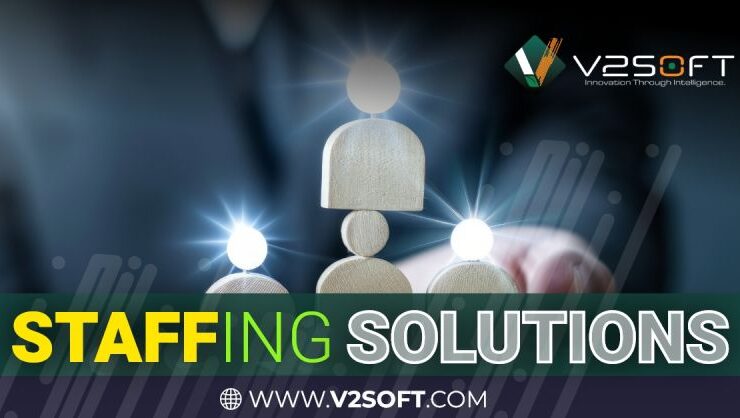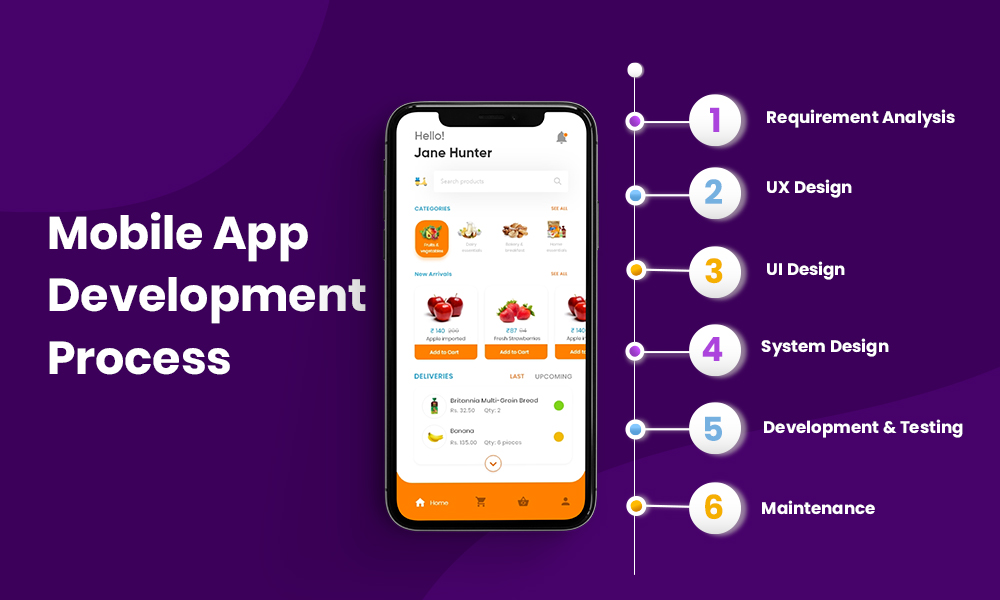In today’s fast-paced business world, companies are constantly seeking efficient ways to manage their workforce while ensuring productivity remains at its peak. Internal staffing solutions have emerged as a preferred approach for organizations looking to optimize human resources effectively. Unlike external hiring, internal staffing solutions provide businesses with a streamlined approach to recruitment, training, and employee retention. This blog explores the top benefits of internal staffing solutions and how they contribute to workforce efficiency.
1. Cost-Effective Workforce Management
One of the biggest advantages of internal staffing solutions is cost savings. Hiring externally can be expensive due to recruitment agency fees, advertising costs, and lengthy onboarding processes. Internal staffing reduces these expenses by leveraging existing employees for new roles or promotions within the company. Additionally, businesses can minimize turnover costs since internal hires are already familiar with company policies and culture.
Moreover, by utilizing generative AI in staffing solutions, companies can further optimize the hiring process, reducing the time and costs associated with manual recruitment efforts. AI-driven analytics can help identify internal talent that is best suited for open positions, ensuring efficiency and accuracy in staffing decisions.
2. Improved Employee Morale and Retention
Promoting from within fosters a positive work environment, showing employees that their hard work and dedication are recognized. When employees see opportunities for growth, they are more likely to stay loyal to the organization. Internal staffing solutions not only help retain top talent but also encourage a motivated workforce ready to take on new challenges.
Organizations like Empower Staffing Inc. emphasize the importance of retaining skilled employees by creating career advancement programs. Such initiatives ensure that employees feel valued and remain committed to their roles, ultimately leading to a stable and productive workforce.
3. Faster Hiring and Onboarding Process
Hiring externally often involves extensive interviews, background checks, and training periods, which can slow down business operations. Internal staffing solutions streamline this process by selecting employees who are already well-acquainted with the company’s goals and work culture. This enables a faster transition into new roles, allowing for continuous productivity with minimal disruptions.
By incorporating generative AI in staffing solutions, businesses can automate and enhance the onboarding process. AI-powered training modules can personalize learning experiences, helping internal hires quickly adapt to their new roles while reducing the dependency on human trainers.
4. Enhanced Productivity and Efficiency
Employees hired internally have an existing understanding of company policies, goals, and procedures, reducing the learning curve associated with new hires. This results in improved efficiency and productivity, as employees can quickly adapt to their new roles without extensive training. Internal staffing solutions help companies maintain seamless workflow operations without compromising quality output.
5. Utilizing Generative AI in Staffing Solutions
Technology is transforming every industry, and the staffing sector is no exception. The integration of generative AI in staffing solutions has revolutionized how businesses manage their workforce. AI-driven tools can analyze employee performance, predict staffing needs, and assist in matching employees to roles that align with their skills.
Empower Staffing Inc. has been at the forefront of AI-driven staffing, leveraging generative AI in staffing solutions to optimize recruitment and workforce management. With AI-powered insights, businesses can make data-driven hiring decisions, improving overall efficiency and reducing the risks associated with mis-hiring.
6. Addressing Staff Shortages Effectively
Every organization faces workforce shortages at some point, whether due to seasonal fluctuations or unexpected resignations. Internal staffing solutions offer a proactive approach to managing such situations. By having a well-structured internal talent pipeline, companies can quickly fill vacant positions, reducing downtime and operational disruptions.
Organizations like Empower Staffing Inc. specialize in staff shortage solutions, ensuring businesses can swiftly address workforce gaps. AI-driven predictive analytics can also help anticipate shortages and develop proactive strategies to mitigate the impact of staffing deficits.
7. Flexibility with Contract Staffing Services
While internal staffing is highly beneficial, combining it with contract staffing services can offer even greater flexibility. Companies can leverage contract staffing services to address short-term needs while maintaining a strong internal workforce. This hybrid approach allows businesses to optimize their staffing levels, ensuring they have the right personnel for specific projects or peak business periods.
For businesses experiencing fluctuating demands, contract staffing services provide access to skilled professionals on an as-needed basis. This reduces the pressure on internal employees while ensuring that company operations remain uninterrupted.
8. Strengthening Workforce Solutions for Long-Term Growth
Internal staffing solutions play a crucial role in developing a resilient workforce. By investing in employee development, companies create a culture of continuous learning and improvement. Empower Staffing Inc. has been at the forefront of workforce solutions, helping organizations build strong internal talent pools that drive long-term success.
Additionally, businesses leveraging generative AI in staffing solutions can create personalized career development plans, ensuring that employees are continuously upskilled and ready for future roles within the organization. This enhances job satisfaction and builds a workforce that is adaptable to changing industry demands.
9. Reduced Dependence on External Recruiting Agencies
While external recruiters can be beneficial for specialized roles, relying too heavily on them can become costly and inefficient. Internal staffing solutions allow companies to develop a self-sufficient hiring model, reducing the need for third-party agencies. This approach not only saves money but also ensures that recruitment aligns with the company’s long-term goals and culture.
10. Promoting a Culture of Growth and Development
Organizations that prioritize internal staffing solutions create a culture where employees feel valued and supported in their career growth. Employees who see opportunities for advancement within their company are more likely to stay engaged and committed to their roles.
Companies like Empower Staffing Inc. understand the importance of workforce engagement and have developed comprehensive workforce solutions to foster employee growth. By integrating generative AI in staffing solutions, businesses can provide continuous learning opportunities tailored to each employee’s skill set and career aspirations.
Conclusion
Internal staffing solutions offer numerous advantages, from cost savings and employee retention to enhanced productivity and efficiency. By integrating generative AI in staffing solutions, companies can further optimize their workforce strategies, ensuring they remain competitive in an ever-evolving job market. Additionally, internal staffing serves as a practical staff shortage solution, helping businesses maintain operational continuity.
For organizations looking to balance internal and external hiring, contract staffing services provide the necessary flexibility to meet dynamic workforce demands. By implementing a strategic workforce solution, businesses can create a sustainable and efficient staffing model that fosters growth and success.
Whether you’re a small business or a large corporation, investing in internal staffing solutions is a smart decision that leads to a stronger, more resilient workforce. Empower Staffing Inc. and other industry leaders are paving the way for innovative staffing strategies, ensuring companies thrive in the competitive landscape.


